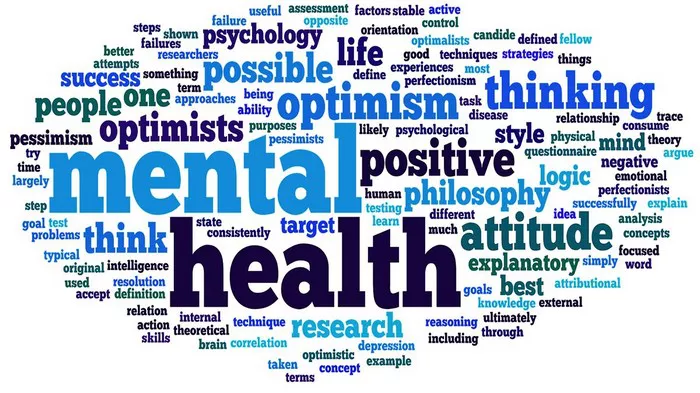Researchers have introduced a groundbreaking virtual reality (VR)-based system designed to improve the differentiation of common mental health conditions, offering a new way to make more accurate and earlier diagnoses. Published in the March edition of European Neuropsychopharmacology, this work highlights the potential for VR to revolutionize psychiatric assessments by providing a more objective approach to diagnosing mental health disorders.
The Challenge of Accurate Diagnosis in Psychiatry
Accurate psychiatric diagnosis remains a significant challenge, with over half of patients changing their diagnosis within 10 years. Traditional diagnoses often rely on patient self-reporting of symptoms, but many mental health disorders share overlapping features, complicating the diagnostic process. For instance, conditions like schizophrenia and bipolar disorder may both present with symptoms such as apathy, hallucinations, and cognitive issues, making it difficult for clinicians to differentiate between them. Misdiagnosis can lead to ineffective treatments and worsened patient outcomes.
The VR Approach
A team of researchers from Denmark, led by Professor Kamilla Miskowiak from the University of Copenhagen, has combined immersive virtual reality (VR) scenarios with physiological measurements—such as skin conductivity—to create a more objective method for distinguishing between mental health conditions. The research team recruited 100 participants, including individuals diagnosed with bipolar disorder, borderline personality disorder, schizophrenia, and healthy controls.
Participants were exposed to various VR scenarios designed to evoke emotional and physiological responses. These scenarios included a video of a crying baby, a discussion in a canteen, and a cramped elevator experience. Researchers measured the participants’ emotional reactions and skin conductivity—an indicator of stress or emotional arousal—during these immersive experiences.
Promising Results and Next Steps
The results of the study indicated that emotional and physiological responses varied systematically between the diagnostic groups. This suggests that VR, combined with physiological data, has the potential to enhance diagnostic accuracy by providing more objective, measurable indicators of mental health conditions. However, the researchers emphasized the need for larger studies to confirm these findings and explore how this technology could be integrated into clinical practice.
Professor Miskowiak explained, “This is an important step forward. Until now, diagnosis has largely depended on self-reporting of symptoms, but our findings suggest that virtual reality scenarios combined with physiological measures may help differentiate between similar conditions. This is an area where psychiatry has long faced difficulties.”
The VIRDIS Project and Future Directions
The study is part of the VIRDIS (Virtual Reality in Diagnostics) project, which aims to develop objective tools to support psychiatric diagnosis. Building on these initial findings, the researchers are now launching a follow-up study with 300 participants. The follow-up study will incorporate machine learning techniques to refine individual-level diagnostic predictions and further validate the VR-based system.
Professor Miskowiak added, “Our long-term goal is to improve early and personalized treatment for patients with mental health disorders by developing this approach into a practical clinical tool.”
Global Attention and Future Integration with AI
The research has already garnered significant attention, including a commentary from Dr. Sijia Liu at the Liaoning University of Traditional Chinese Medicine in Shenyang, China. Dr. Liu praised the study for its innovative approach to psychiatric diagnosis and suggested that future research should explore the integration of artificial intelligence (AI) algorithms to analyze the extensive data generated from VR scenarios. AI could further enhance the system’s ability to provide accurate and tailored diagnoses, pushing the boundaries of mental health care.
Collaboration and Support
The project is a collaboration between the Copenhagen Mental Health Centre, Khora Virtual Reality, and EXP360. It has received support from the Ivan Nielsen Foundation, which is committed to advancing research and innovation in mental health.
With its promise to enhance diagnostic accuracy and offer a more objective, technology-driven approach to psychiatry, this VR-based system has the potential to improve early detection, personalized treatment plans, and long-term outcomes for individuals with mental health disorders. Future research will focus on validating these findings and incorporating advanced AI techniques, paving the way for a more effective and precise mental health care system.
You Might Be Interested In:
-
Study Reveals Link Between Sleep Deficiency and Alzheimer’s Disease Risk
-
Atrial Fibrillation Elevates Early-Onset Dementia Risk in Younger Adults

